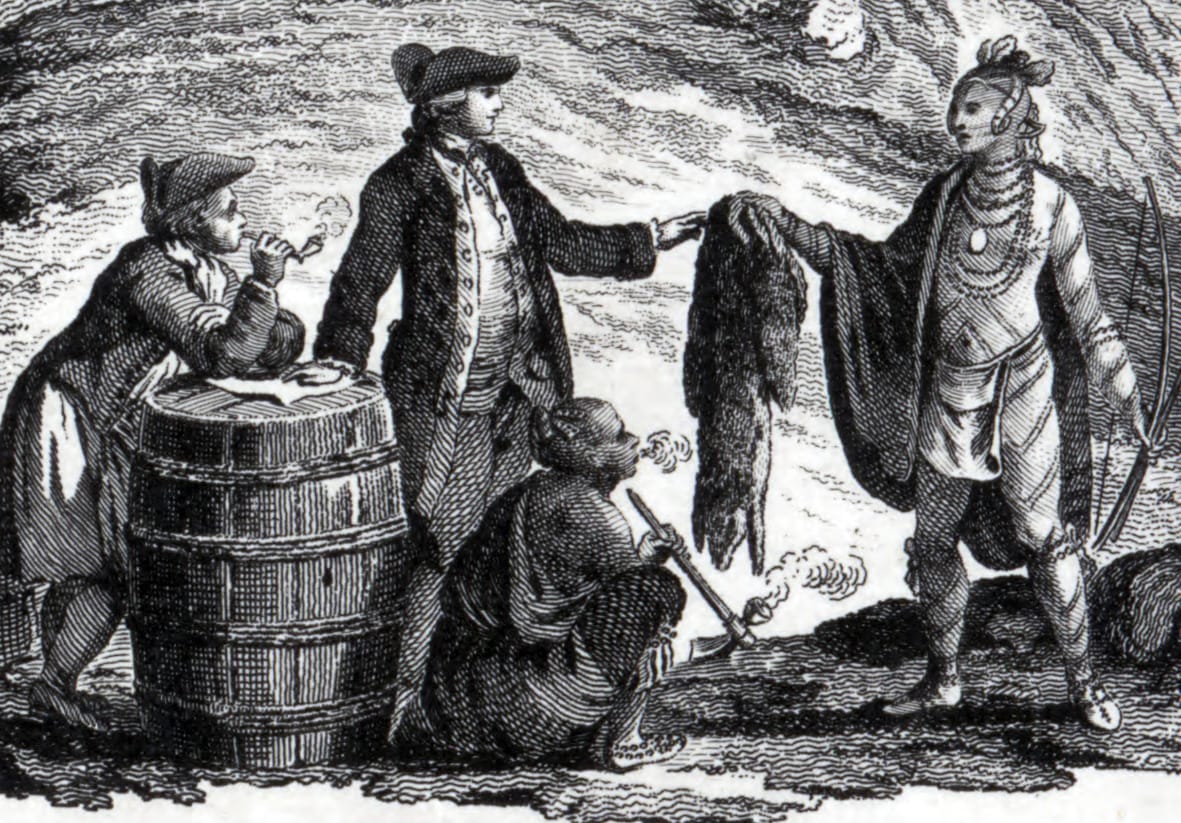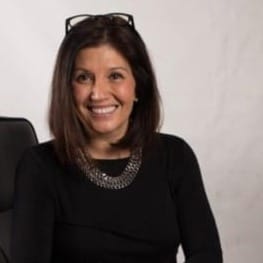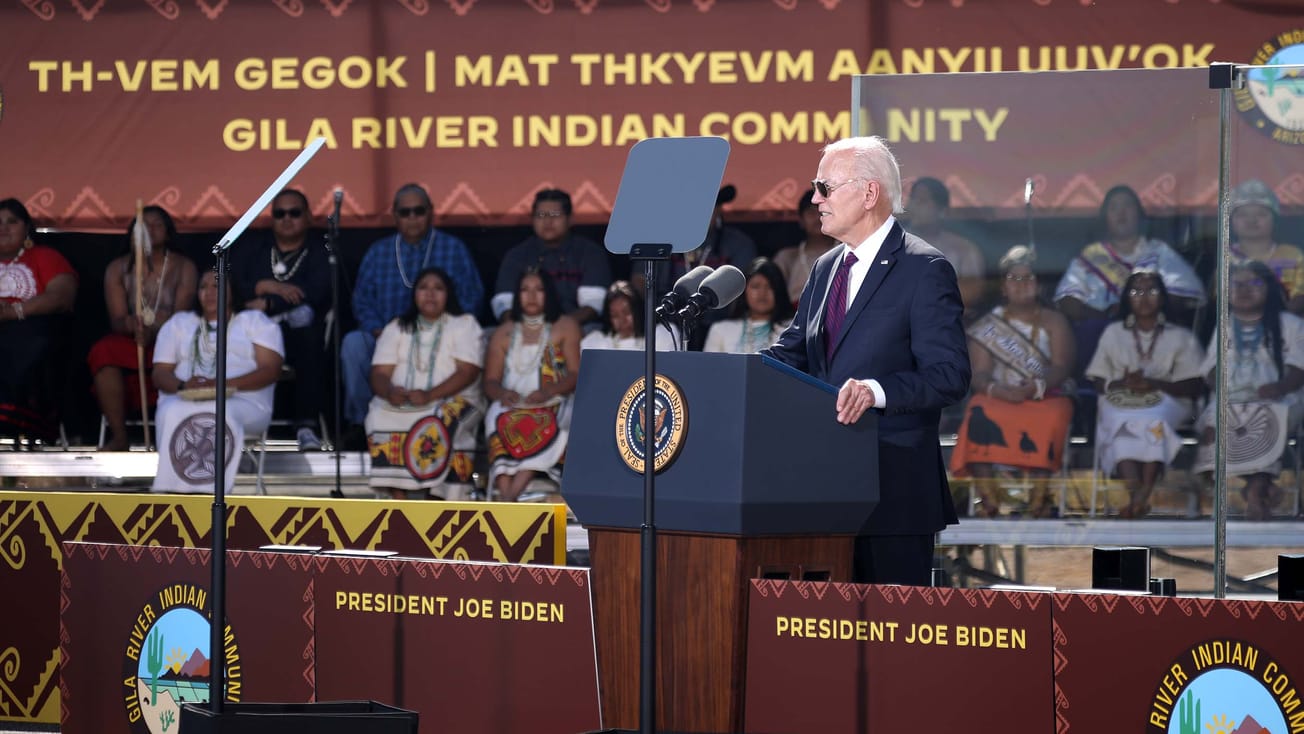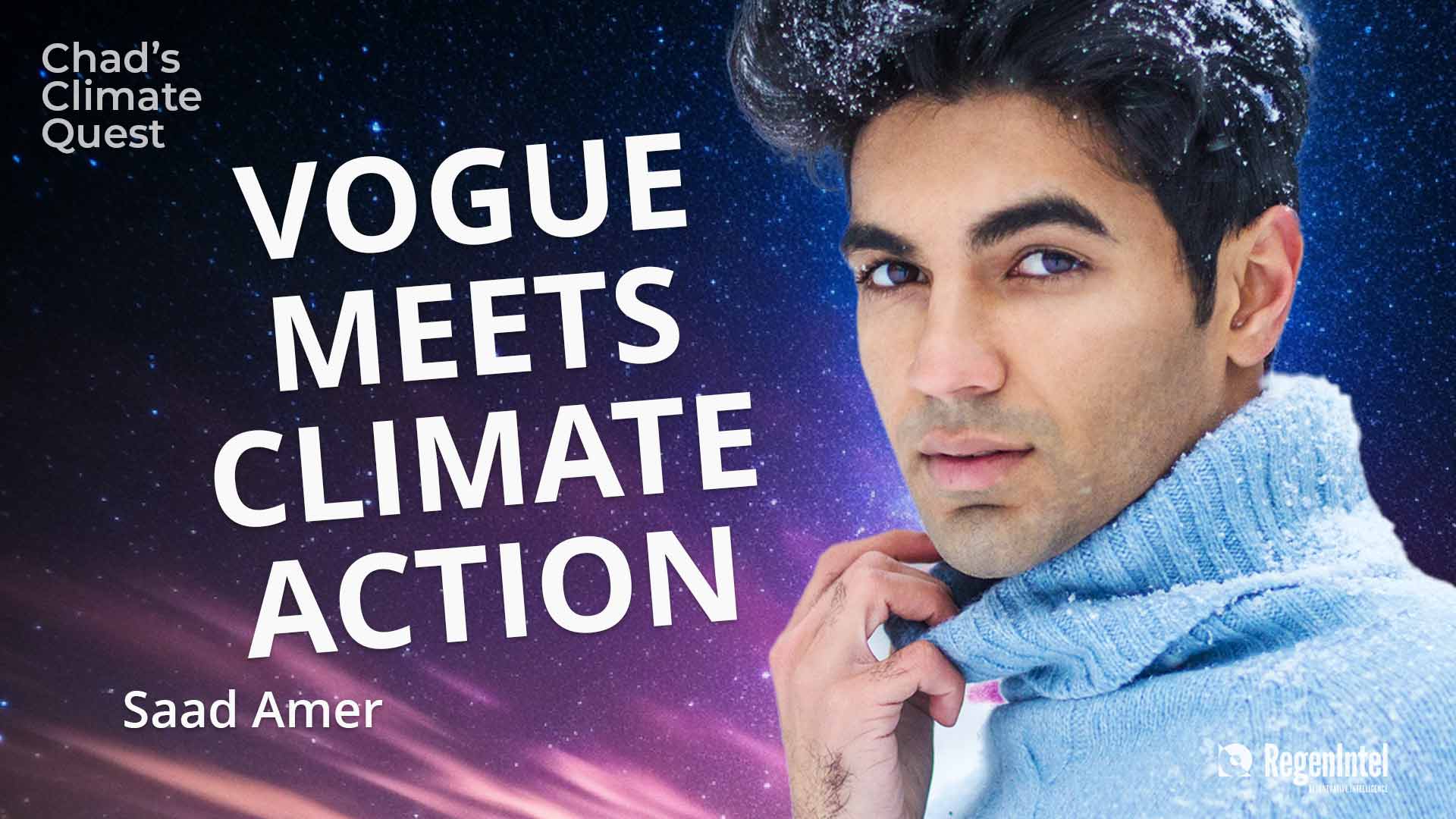As a member of the Deninu K’ue First Nation and an entrepreneur in the climate sector, I hold a unique lens through which I examine how historical patterns of colonization are being replicated in modern carbon markets, biodiversity initiatives and renewable energy.
The Historical Echo of Colonization
I see compelling parallels between Canada’s historical fur trade era and today's carbon markets and other climate solutions. Just as Indigenous peoples were once paid in "beads and trinkets" for valuable furs that generated enormous wealth, today's carbon credit system often provides minimal compensation to Indigenous nations while creating substantial profits for intermediaries and corporations. Two of Canada's original fur trading companies continue to thrive today, demonstrating how colonial practices create lasting institutional wealth disparities.

Modern Market Mechanisms
To explore these insights further, I asked two distinguished guests to join me in a discussion of ground-level perspectives on how climate colonialism manifests in different regions for this episode of The AJ Bird Show.
Nkwi Flores, an Indigenous researcher and project developer from the Kara Kichwa Nation in Ecuador, describes concerning developments in the Andes Mountains. He highlights how external parties are purchasing land at inflated prices, effectively preventing Indigenous communities from maintaining their traditional territories. Flores emphasizes the need for Indigenous-led research and development systems to bridge the gap between global initiatives and Indigenous Peoples.
Dr. Drea Burbank, CEO of Savimbo, brings attention to structural issues within carbon markets. She reveals that some carbon credit contracts bind Indigenous communities to 100-year commitments without adequate understanding of the implications. Her company is pioneering a more ethical approach through:
- Ton-year carbon crediting instead of century-long commitments
- Evidence-based rather than predictive carbon accounting
- Direct integration of Indigenous knowledge in scientific standards
- Fair compensation models that include Indigenous intellectual property rights
The Scale of Inequity
The discussion highlights stark statistics. - Reuters reports the global carbon market is worth $948.75 billion, with Bloomberg projecting it to reach $1 trillion. Yet Indigenous Peoples, who protect 80% of the world's remaining biodiverse lands, see minimal benefits from this massive market.
Moving Forward: Solutions and Hope
The episode presents several pathways for reform:
Direct Purchasing: Eliminating intermediaries who currently unnecessarily capture 60-97% of carbon credit profits
Indigenous Data Sovereignty: Ensuring Indigenous communities maintain control over their environmental data
Integrated Knowledge Systems: Combining traditional ecological knowledge with modern scientific methods
Apex Predator Methodology: Adopting Indigenous approaches to measuring ecosystem health through indicator species rather than abstract metrics
A Call to Action
Indigenous knowledge and stewardship are vital yet often overlooked tools in fighting climate change. While carbon markets and conservation efforts expand globally, true progress demands more than new technologies. It requires recognizing, valuing, and fairly compensating Indigenous Peoples' centuries-old practices of environmental protection. Building an equitable framework for their participation isn't simply a moral imperative; it's fundamental to creating effective and lasting climate solutions.
On The AJ Bird Show we strive to create a vital platform for Indigenous perspectives on environmental issues, promising to bring more critical insights to these urgent global conversations.
The AJ Bird Show is part of the Better Worlds Network, a communication and community building platform exploring how the nexus of culture and technology impacts our ability to create a sustainable and equitable future.











